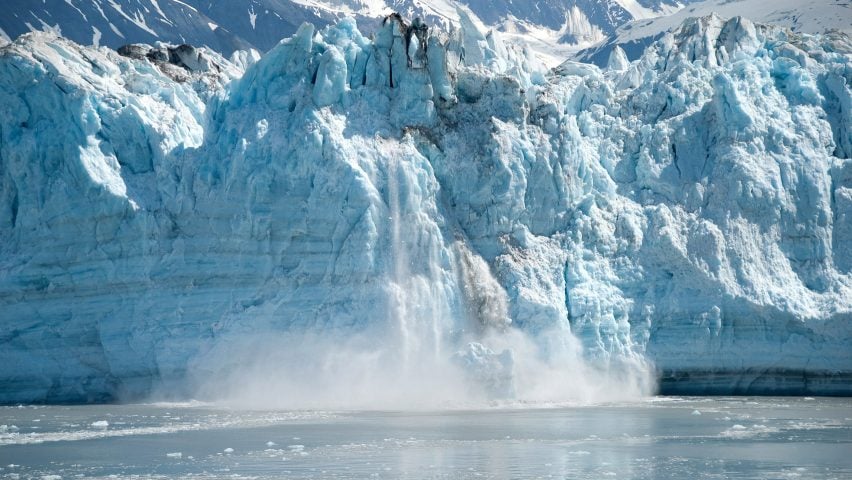
RIBA declares climate emergency saying it is architecture's "biggest challenge"
The Royal Institute of British Architects has declared a state of climate emergency, committing to a five-year plan of action for climate change.
The decision to formally acknowledge the role that architects have in causing climate change and alleviating it was made at a council meeting of the RIBA.
"The climate emergency is the biggest challenge facing our planet and our profession," said RIBA president Ben Derbyshire.
"But to have a significant impact we need to do more than make symbolic statements – we need to turn warm words into impactful actions."
Architects must "transform" their practice
The five year plan aims to make sustainable practices standard within the British architecture industry, improve government policy by lobbying and reduce the RIBA's own carbon footprint.
The RIBA also pledged to support the UK government's drive to make the country carbon neutral by 2050.
"We architects need to transform the way we practice and along with our fellow professionals around the world, make changes that will impact at a global level," added Derbyshire.
Built environment causes climate change
A recent report from think tank Chatham House revealed that eight per cent of the world's carbon emissions comes from concrete's main ingredient, cement.
Stirling Prize winning architecture firms including Zaha Hadid Architects, David Chipperfield Architects and Foster + Partners have already declared a climate and biodiversity emergency.
Along with Amanda Levete's firm AL_A, Rogers Stirk Harbour + Partners, and Alison Brooks Architects they have called on others to join their campaign group Architects Declare and encourage clients to commission more sustainable buildings.
Climate justice movement Extinction Rebellion blockaded central London, prompting mass arrests, for ten days in April 2019. The UK parliament subsequently declared a climate emergency.
This year the United Nations warned that humanity has just 12 years to limit global warming to 1.5 degrees Celsius, or risk catastrophic changes to the planet's climate.
Main photo is by Schmid-Reportagen via Pixabay.